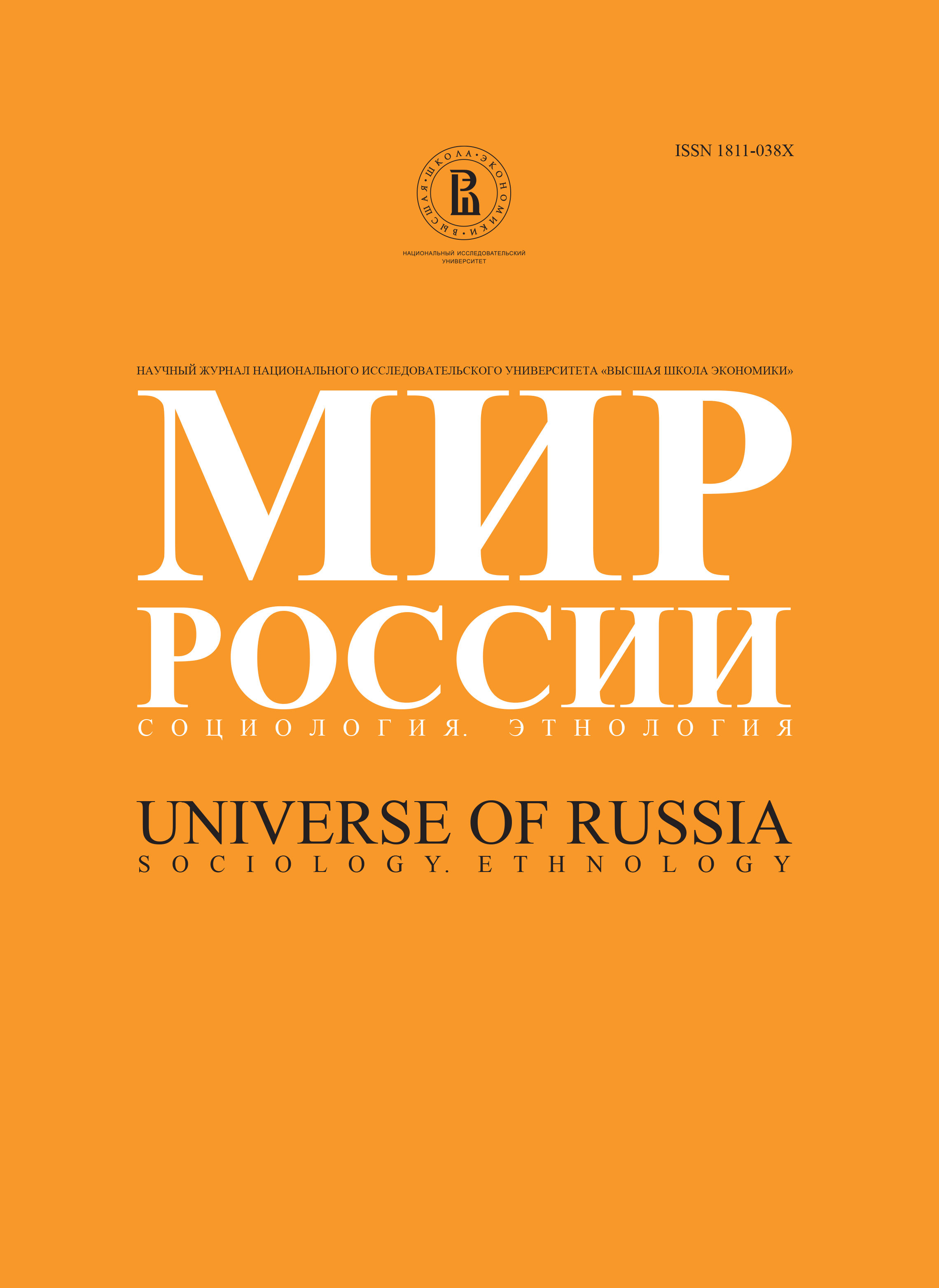Postcommunism in the Russian style
Abstract
The essay deals with postcommunism and presents a discussion of the Russian case of this phenomenon. Postcommunism as the reality of life and the concept is the theme of this essay. The essay consists of introduction, three main parts, and a short concluding note.In the first part the author analyzes the two approaches at the study of the meaning of the concept existing in social sciences' literature. The first one, that is the strict literal interpretation of the term. It is the understanding of Postcommunism as the transition period in the countries that previously been communist. Narrowly defined, Postcommunism is a relatively short period of time at least in a historic perspective. The list of principal common features of ex-socialist transitional states and societies is presented. The distinction between the national cases of postcommunism should be drawn due to a variety of historical, geographical, political, economic, and cultural peculiarities of each of some two dozen nations involved in the process of transition toward democracy and market-type economy launched in late 1980s - early 1990s, after the end of the Cold war and the collapse of the communist regime in the USSR. The author notes that westernization of politics, economy and the cultural life in ex-socialist states is the specific policy of dependent modernization that makes postcommunism similar to post-fascism in the mentioned dimensions. In his view the perfect definition of what is going on in today's Russia is 'accelerated westernization'. The second approach puts the notion of postcommunism in a large historic and philosophic context. The collapse of communism as the real alternative to the capitalist order appeared to signal the ruin of the revolutionary branch of socialist thinking. Within this approach the question of the historic origin and nature of both 'real socialism/ and postcommunism is set up. The author analyzes some points of views about postcommunism and situates it in a larger theoretical perspective, pointing out that the future developmental paths depend on the results of reforms in ex-socialist societies.
In the second part the author describes the general scenario of postcommunist modernization, focusing on its goals or the final destinations, stages and tasks, and concrete deeds in the case of the Russian Federation, in order to examine (1) the official policy declarations and real actions, (2) the political and social essence of postcommunist transformations, (3) achievements and failures of reform policy. The President of Russia Annual Addresses to the Federal Assembly on the state of nation, the Russian governmental programs and statistical data together with the reports of World Bank and CIA were used as documentary sources in this part of the study. Then the comparison of basic economic and social parameters of Russia and some central eastern European states and the USA at the eve of the millennium is made, and its result is not in a favor of Russians. By the end of the first decade of transition Russia's political, economic and social profile resembles that of developing nations, not western welfare societies.
In the third part the principal features of Russian postcommunist as the specific phenomenon is analyzed. This part is divided into three subsections. In these separate but interconnected subsections the following issues are discussed. Who are the masters : the present-day Russia? How is Russia ruled? What is the place of criminal communities in the post-Soviet society? How do Russians perceive transformational risks? The mutation of nomenclature, the former ruling class, into the new political and economic class is the focal point of discussion in the first subsection. In the second one the extravagant but misleading concept of 'the new Russian feudalism' is examined. The analogy between the present-day fragile Russian democracy and the Weimar republic in Germany in early 1930s is often considered as a gloomy forecast of Russia's possible future. The facts and features that form the backgrounds of this analogy are presented in the second subsection as well. In the third subsection the societal concerns and social expectations of Russians and citizens of the European Union are compared. Such a inquiry allows the author to draw conclusions about the perception of transformational risks, attitudes toward politics spread among Russians and to disclose some important traits of the Russian political culture.
In the concluding note the main idea is as follows. The crucial changes occurred in the Russian society, economy and state are enormous, and they shape the entire image of this country. It seems that postcommunism will last for a long time in this country. The Yeltsin period of transition is over. The next phase of the Russian post-Soviet history is associated with the name of his successor, Mr. Vladimir Putin.






